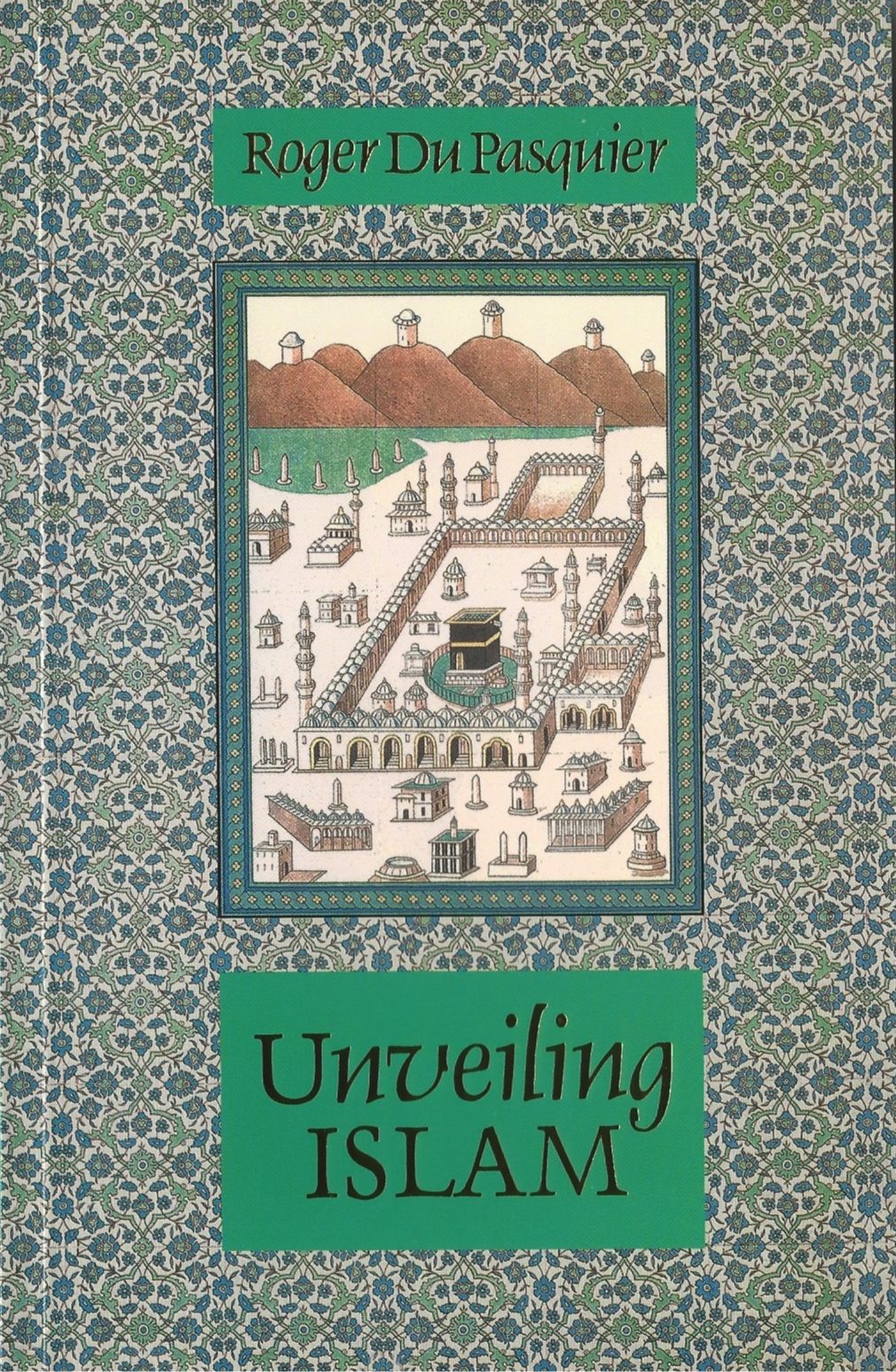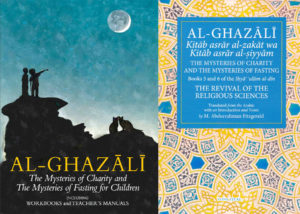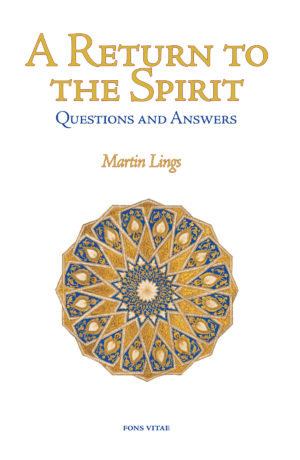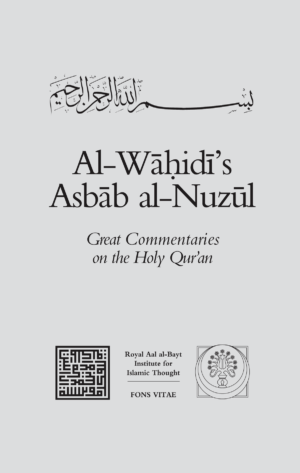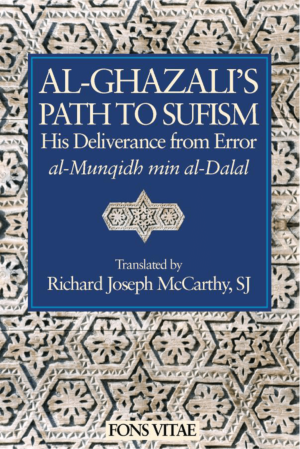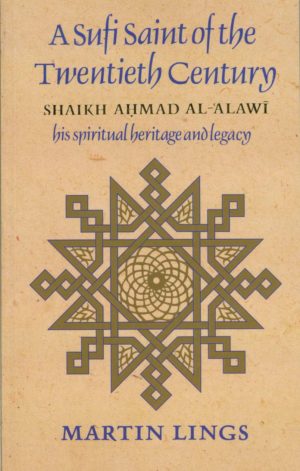Excerpt:
‘The Challenge of Our Time’
It seems that nothing on earth can still escape the crisis which convulses the modern world. To speak of the crisis of a civilisation is not enough, since the phenomenon has assumed universal proportions. The impending darkness draws ever nearer; a sense of disquiet spreads more and more widely. Islam has been given to man precisely to help him fight through this last stage of history without losing himself. The final revelation of the prophetic cycle, it offers methods of resisting the present chaos, and of re-establishing order and clarity within the soul—as well as harmony in human relations—and of achieving the higher destiny to which the Creator has called us. Islam is addressed to man, of whom it has a deep and precise understanding, defining as it does his position in creation and before God.
Modern thought, by contrast, has no well-defined and generally accepted anthropology. Concerning man it has amassed a vast array of facts, yet the very confusion and variety of these facts betrays an inability to give a coherent definition of the human condition. In no other civilisation has there been such a complete and systematic ignorance of the reason why we are born, why we are alive, and why we must die.
Such is the paradox of our culture, which, in the first place. wishes to be ‘humanist’; in other words, to make man the criterion and the end of all things, but in which even the concept of man has broken down. Having been made into a perfected monkey by evolutionism, he has been relieved of whatever tenuous coherence was left to him by the Philosophy of the absurd. The human creature is henceforth to resemble a puppet shaken and disjointed by a mechanism which he himself has set in motion but the chaotic and accelerating movement of which he is no longer able to control.
Proclaimed as absurd, fife on earth has effectively lost its meaning. Man is offered a multitude of material possibilities and advantages undreamt of by earlier generations, but, since we are now ignorant of what man is, and of what his deep aspirations might be, not one of these miracles can prevent him from foundering in his own despair. None the less, modem civilisation has confidently declared that it has brought happiness to the human race. The French Revolution adopted a Declaration of the Rights of Man, and the American constitution claims to assure the ‘pursuit of happiness’ to every citizen. The nineteenth century sanctioned in every Western country, and even in a few others, the grand idea of Progress by virtue of which the Golden Age lies not behind but before us.
For some time the facts have seemed to confirm this belief. The material conditions of the lower strata of Western society have been greatly improved, individual freedom has been guaranteed to all, science has given man a sense of being incomparably better informed than the greatest sages of past generations, and technological developments have placed tools of a previously unimaginable power in his hands.
On another level, and through psychological theories which claim to have located at last the true centre of gravity of the human being—at the level of sexuality—individuals are promised that they are capable of ‘self-fulfillment’ simply by throwing off every constraint and following their own inclinations. For many this has been a sufficient excuse to suppress the morality inherited from the past, henceforth to be considered a mass of obsolete prejudices. In this way, modem man believes that he has come of age, the concomitant assumption being that his forbears of earlier centuries were childish. There is no shortage of philosophers, or even of theologians, to confirm him in this belief. Yet the facts themselves have at last exploded these theories.
